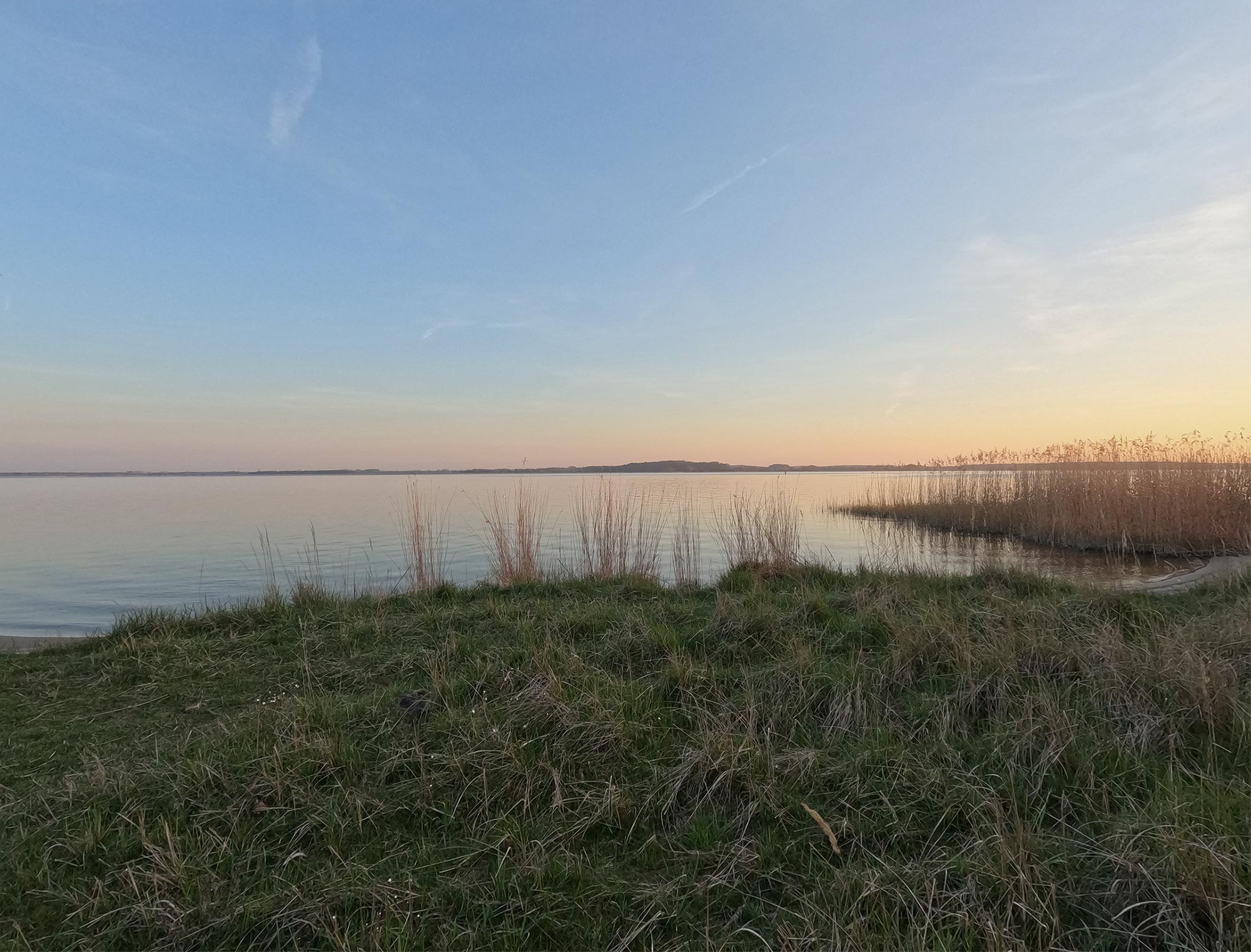
Green island life: How Usedom is rethinking
Sponsored Post
I was allowed to explore the various sustainable offers on Usedom for a week. The island on the Baltic Sea has set itself the task of becoming holistically more sustainable. On the one hand, this includes the topic of mobility, such as getting to the island and on site, the culinary offer, which offers more than just fish and different social-ecological accommodation. Of course, a visit to the treetop path, which opened in 2021, and a ride on the electric boat across the backwaters were also a must. But back to the beginning and to the question: How can an island become sustainable?
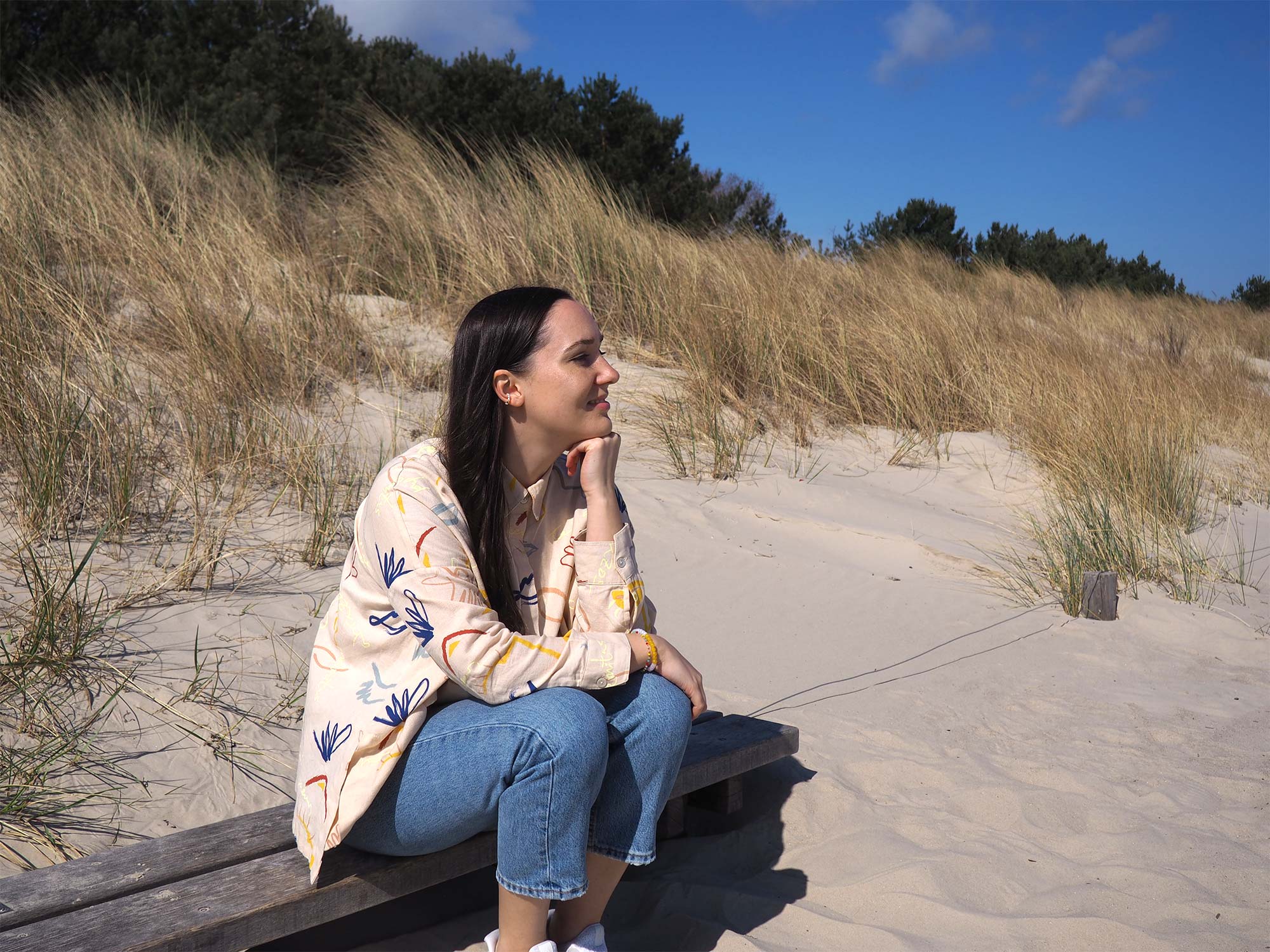
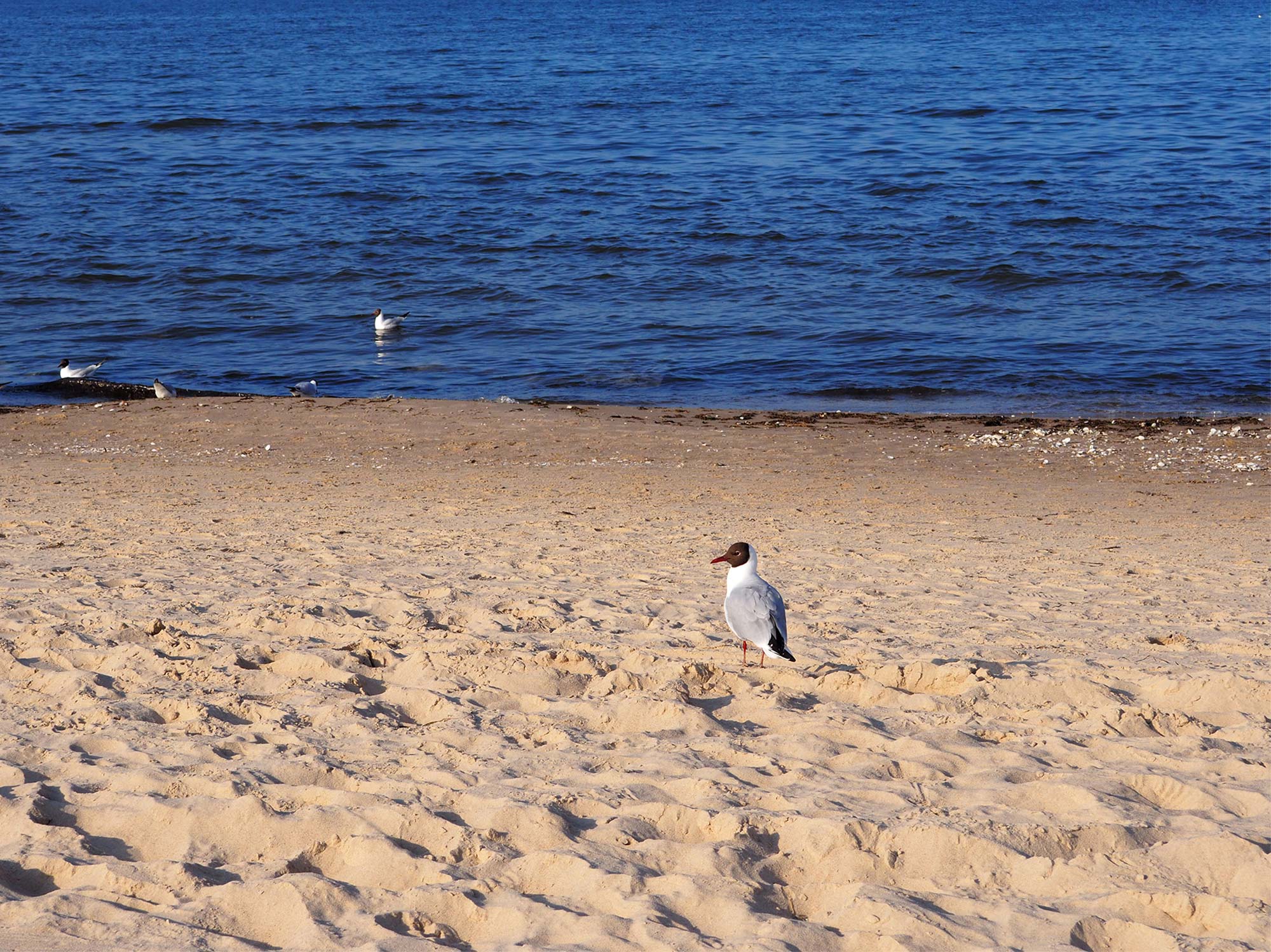
The issue of sustainability
Germany's easternmost island has also asked itself how an island can become sustainable. Or rather the Usedom Tourismus GmbH (UTG). The main aim is to set up the popular holiday island in such a way that tourism does not have any negative effects on the landscape, the life of the islanders, biodiversity and the regional climate. At the same time, the so-called sun island should not take in fewer visitors, but sensitize them to exactly these important future topics. The UTG would like to inspire providers and tourist businesses to be more sustainable and individual Sustainability activities visible . make
Reach your goal together
And as is the case, once you consciously deal with a topic - like sustainability here - it quickly becomes apparent that a lot is already being done in this area. Visitors only need to know where the points of contact to explore are located. When discovering and asking questions, it becomes clear that many residents have set themselves ambitious climate goals and that every area is being rethought. But of course the guests of the island are also asked to behave in an environmentally friendly way, for example by planning a longer stay than just setting off for a short trip. Taking your own rubbish with you, which may seem banal, is also an important part of an environmentally conscious stay on the island.
Climate-friendly arrival and (movement) movement on site
In order to keep your own ecological footprint as small as possible when traveling to and from the island, Deutsche Bahn offers a wonderful alternative to the car City-Land-Sea Ticket travelers between Mecklenburg-Western Pomerania and Berlin or northern Brandenburg can travel flexibly for 29 euros (return trip costs 47,50 euros). The journey with the regional express takes a good three hours from the Berlin main station and initiates a slower journey, as the train stops at numerous places and you get a good impression of the towns along the home stretch. In Züssow you change to the UBB, the Usedomer Bäderbahn, and continue to your holiday destination. If you are arriving by car, you can use the bus and train flexibly on site to explore the area, for example with a week ticket to the seaside resorts in the east, in the north towards Peenemünde or to the Achterland.
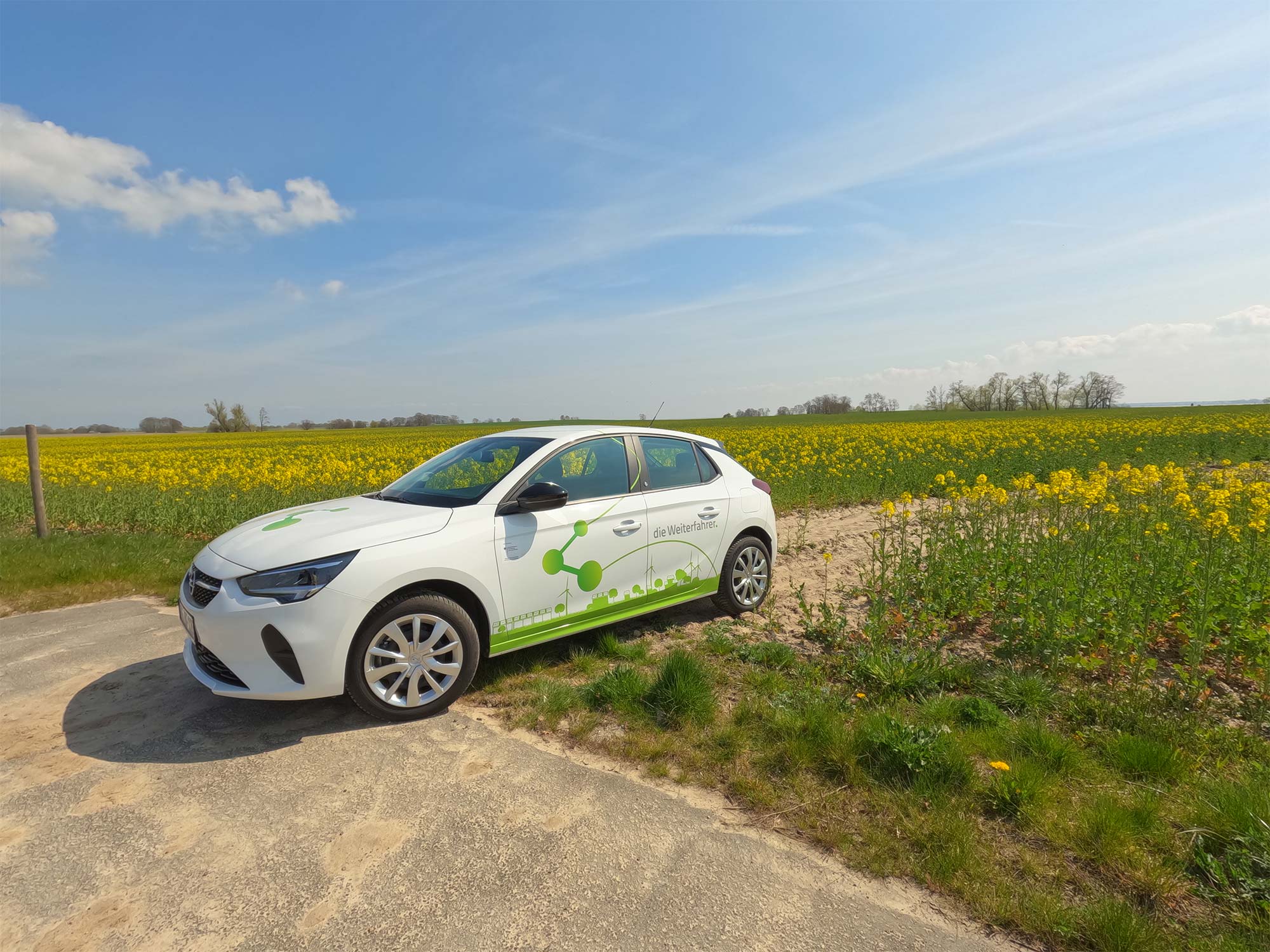
E-cars with over 30 charging stations
"The onward drivers" is a project of the citizens' energy cooperative island works, which aims to enable holidaymakers to travel long distances without having to forego their individual mobility. The start of the car sharing service is easy via App at Anklam station, which represents the beginning of the island of Usedom. There are currently two e-vehicles and two cargo bikes with a child-friendly front end and two e-bikes available. The island's charging station network now includes 37 charging points, which are often operated by the island plants themselves. Inselwerke plan, build and operate charging infrastructure for e-cars throughout Germany. In addition, they always initiate new sustainable projects, in addition to "The onward drivers“ They were responsible for equipping the street lighting in the village of Stolpe with LEDs. Many Hotels and accommodations on the island offer charging stations for e-cars.
Comfortable on two wheels
You are comfortable with that UsedomRad on the way, with which one can drive over the island and the adjoining mainland. There are over 100 rental stations spread across the island, offering a total of around 1.000 rental bikes. UsedomRad bikes can be returned at any station, which makes it easy to switch from bike to train, for example. The so-called UsedomRad-PLUS stations offer various services such as personal advice with the rental of accessories and children's bikes. Electric bicycles and tandem bikes can also be hired there, and batteries can be charged or exchanged. There are also other providers such as Bicycle Service Kruggel, the Usedom bike rental As well as the Rental bike Usedom. Once on two wheels, you can drive along Europe's longest beach promenade at your own pace, stopping here and there and enjoying the soothing sea air.
The green island
As one of the sunniest regions of the Baltic Sea, the island of Usedom, with its long sandy beaches, mighty cliffs and extensive dune landscapes as well as moor and swamp areas, unites the fauna and flora of Mecklenburg-Western Pomerania on almost 450 square kilometers.
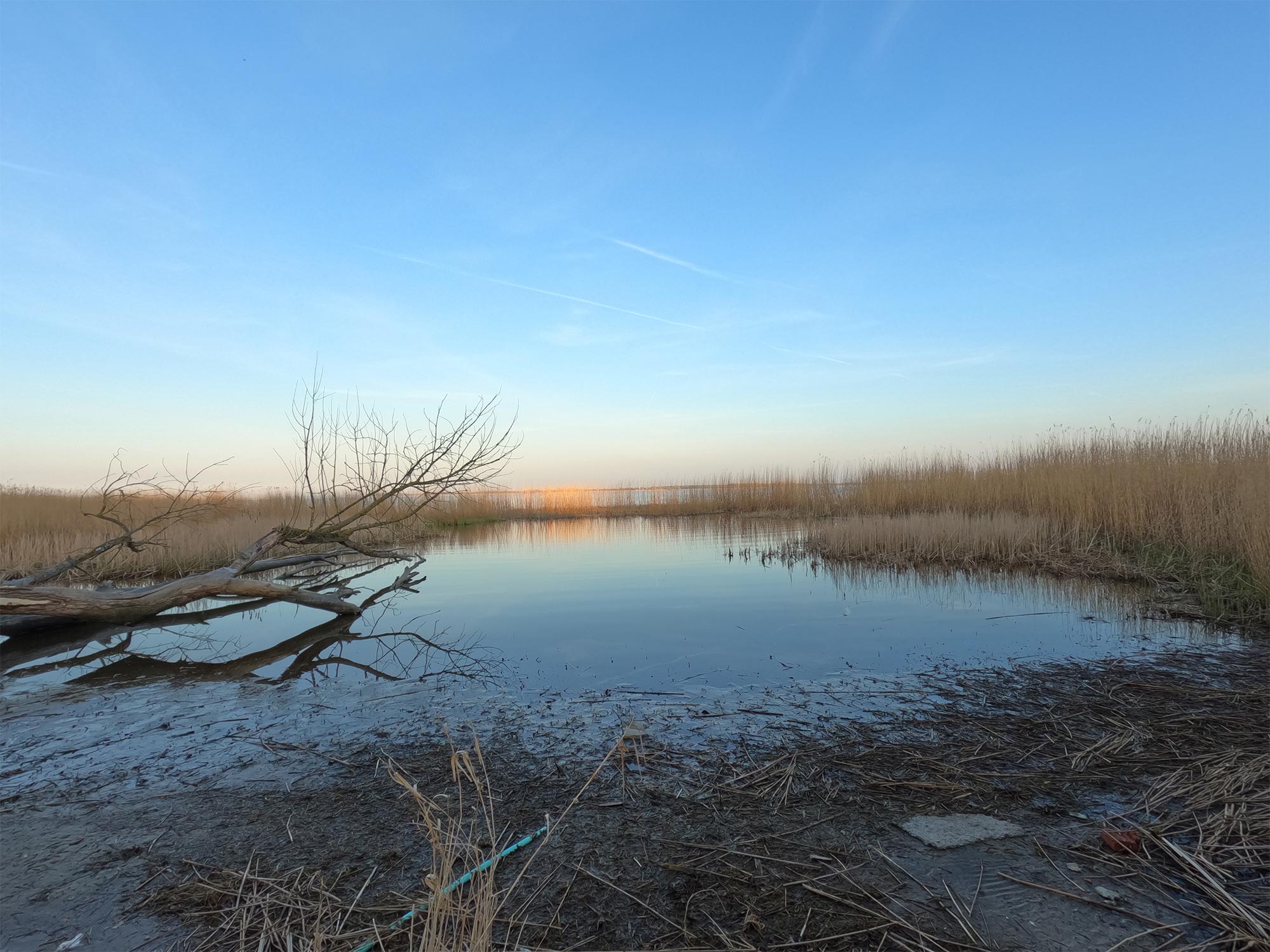
It is all the more important to preserve the fragile beauty of nature, especially under the influence of tourism, especially during the German holiday season. Visitors to the island of Usedom are invited to discover the local biodiversity and flora under the roof of the Klaus Bahlsen House in the city of Usedom. The nature park - under the supervision of the State Office for the Environment, Nature Conservation and Geology - has made it its task to sensitize and educate young and old alike about the preservation of the natural environment.
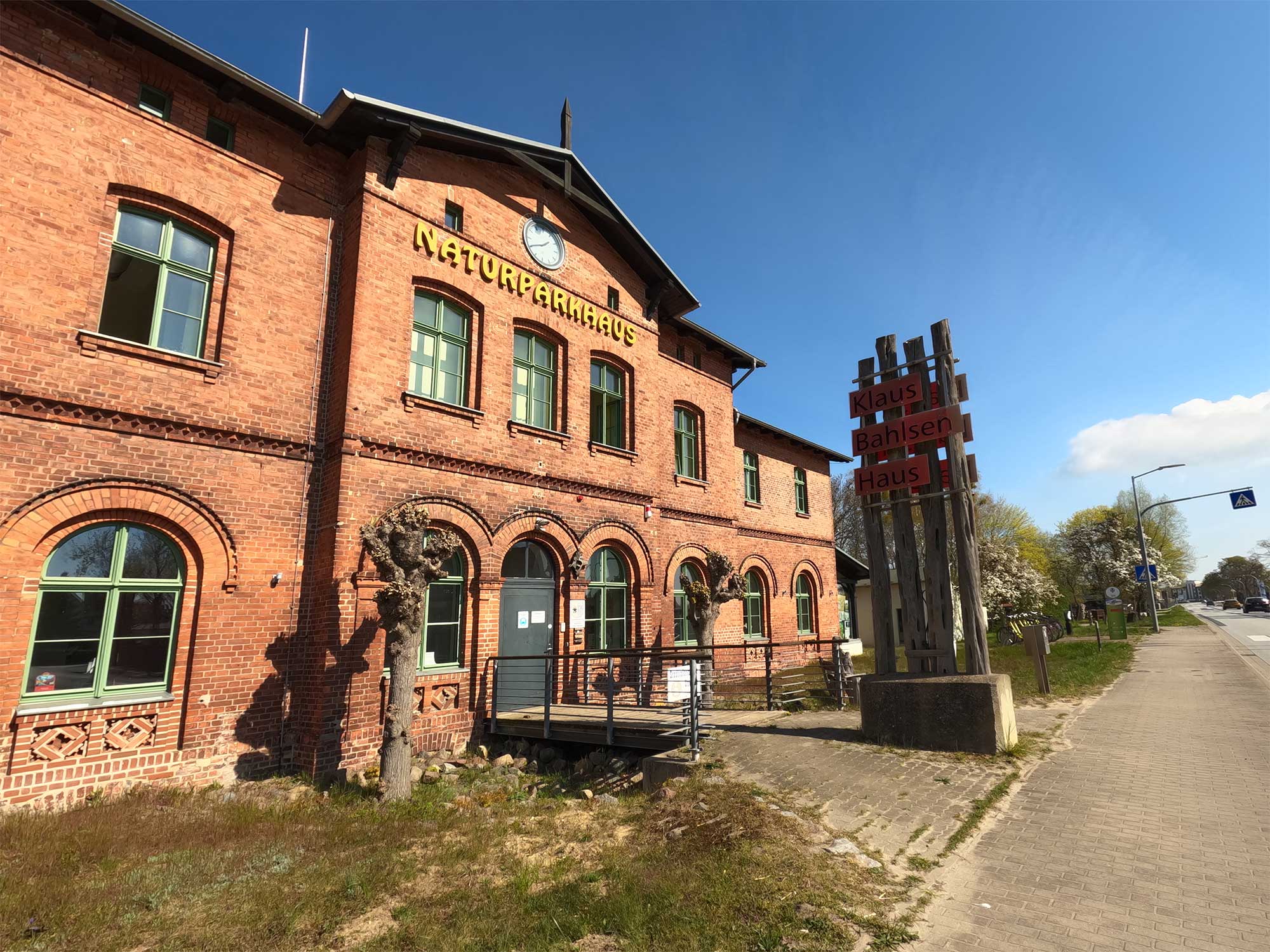
Tourism and nature can no longer be viewed separately, but must go hand in hand. So that the variety of natural regions such as the backwaters, e.g. B. a world-famous area for bird watching among ornithologists, or the extensive pine and beech forests, will remain an attraction for sustainable tourism in the future.
No garbage in the sea
The young initiative "Kein MÜLL ins MEER" by the Baltic Sea resort of Karlshagen in the north of Usedom is committed to ensuring that the beach remains clean by actively collecting rubbish so that it cannot get into the sea. On the Karlshagen beach there are appropriately marked rubbish bins and plastic bags with which the rubbish can be collected and then disposed of. From there, the waste is then separated and recycled accordingly. The initiative of the Tourist Information Karlshagen starts with the inhabitants of the island, whereby the address also applies to the guests, of course. The initiative would also like to address young visitors and local children with the collection campaign by offering various campaigns on the topic of active waste disposal and environmental protection - with a subsequent certificate as "beach researcher and garbage pirate".
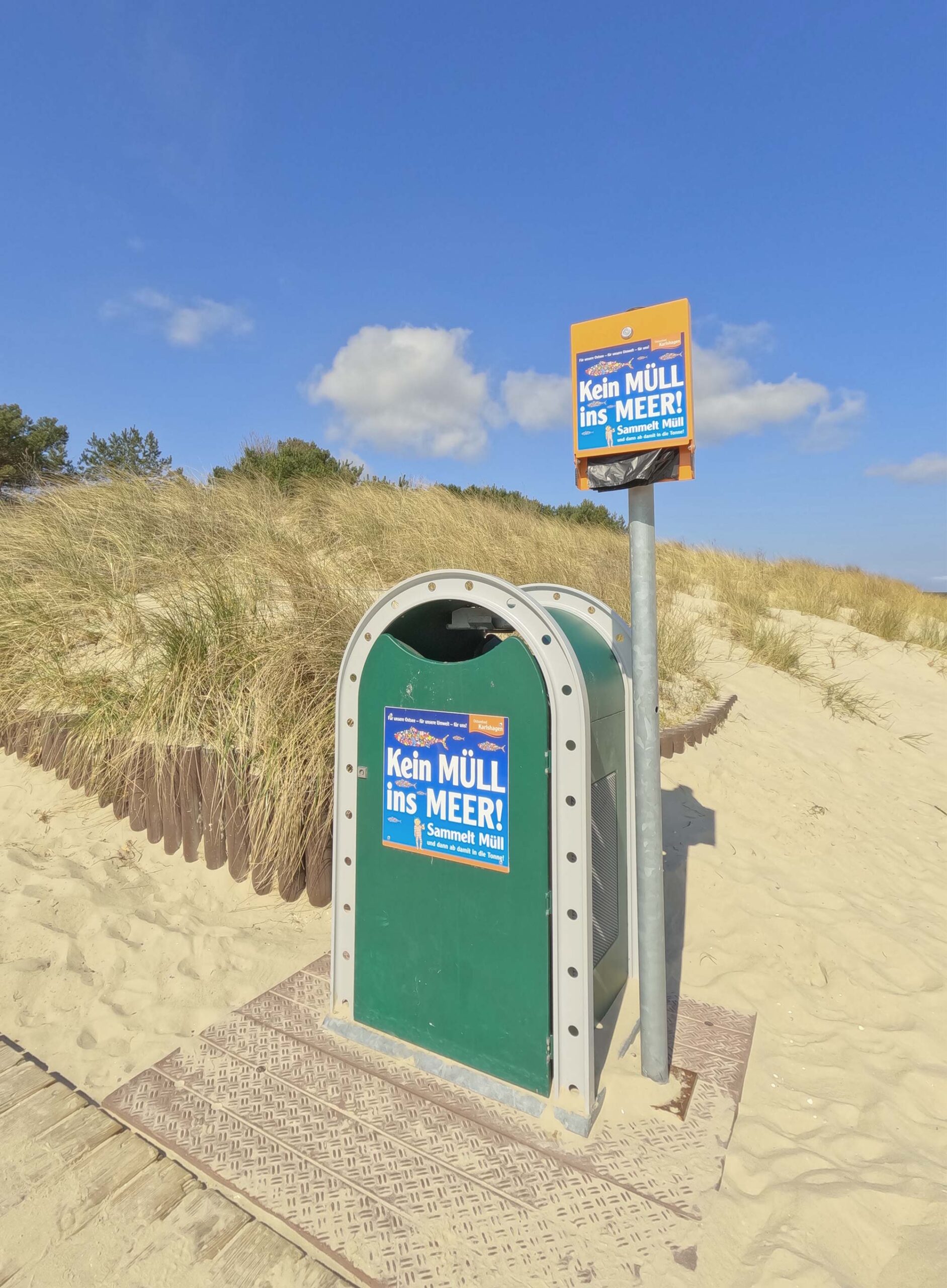
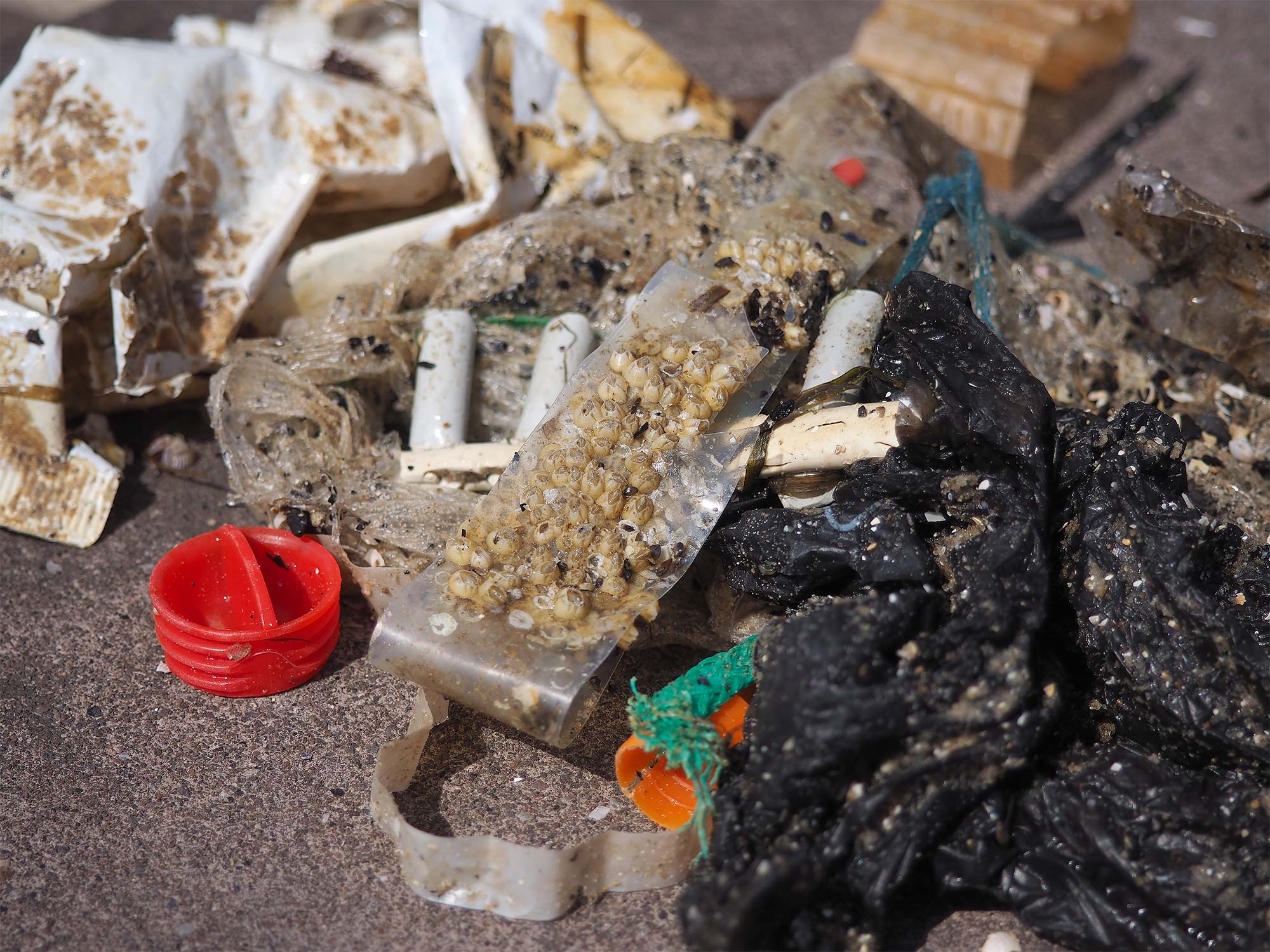
preservation and restoration
I was able to get to know another side of sustainability in the imperial baths. Along the coast are the traditional seaside resorts of Bansin, Heringsdorf and Ahlbeck, which adorn numerous listed, sophisticated villas. Most of the villas from the Wilhelminian period have been painstakingly restored with great attention to detail, so that they still reflect the impressive resort architecture of the late 19th and early 20th centuries. Incidentally, guests can take part in free guided tours via the tourist information center in Heringsdorf and learn more about the history of bathing and the seaside resorts and experience them virtually on site through a new virtual reality offer.
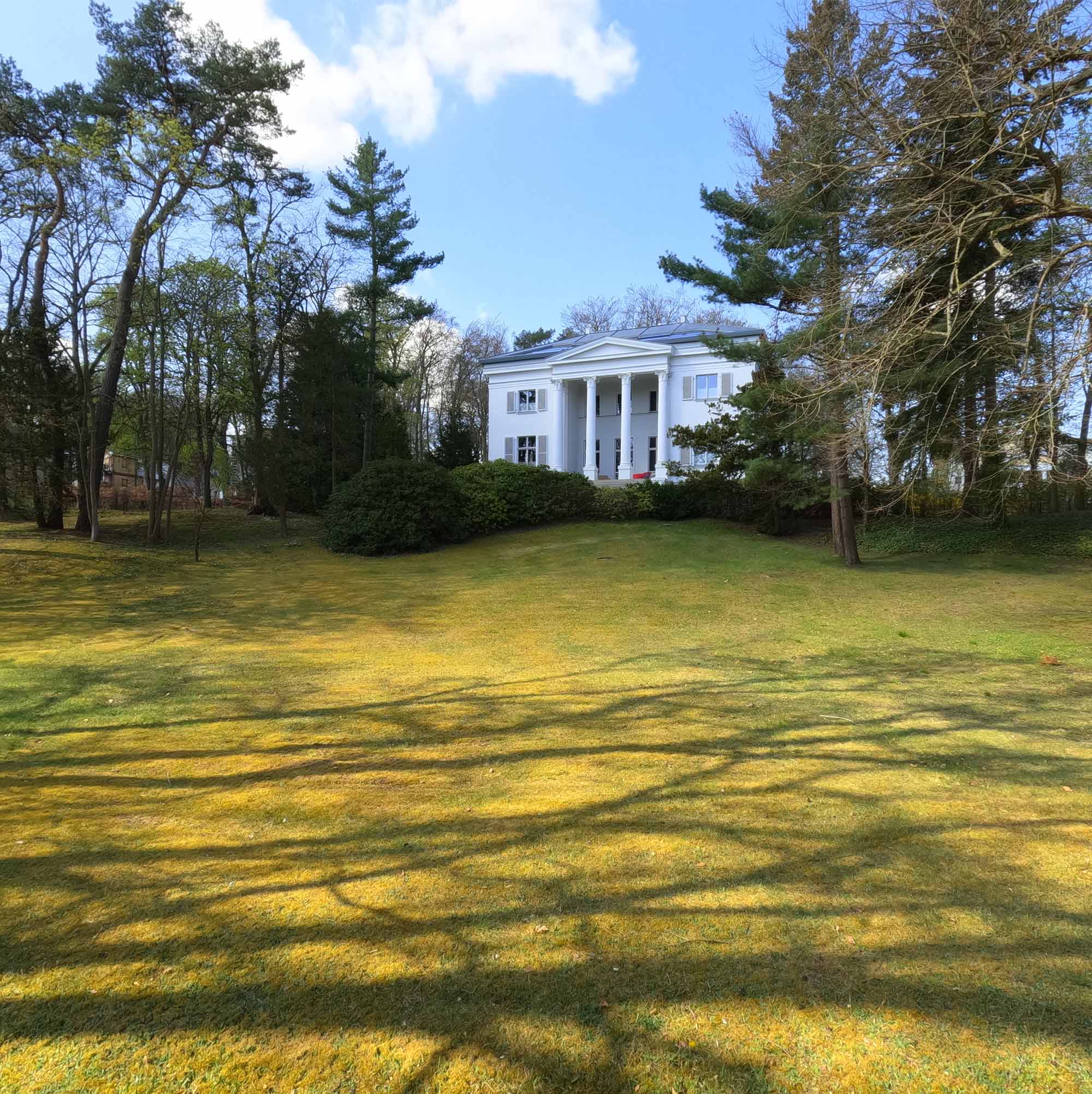
Rethink in order to reach the goal together
If you consider that sustainability plays a subordinate role for many companies, transport companies and hotels, it becomes clear how great the efforts are and how comprehensive the rethinking had to take place and must continue to take place in order to be able to offer Usedom guests in full splendor in the future .
For the UTG and many companies and actors on the island, it is about preserving the natural but also the cultural riches of Usedom, through a lot of care and including environmentally friendly alternatives. Of course, the commitment lies with the islanders themselves, who implement their own philosophies of sustainability, although it cannot succeed without conscious holidaymakers.
In my next articles about my time on Usedom, it will mainly be about the topics sustainable accommodation, activities close to nature and regional cuisine.

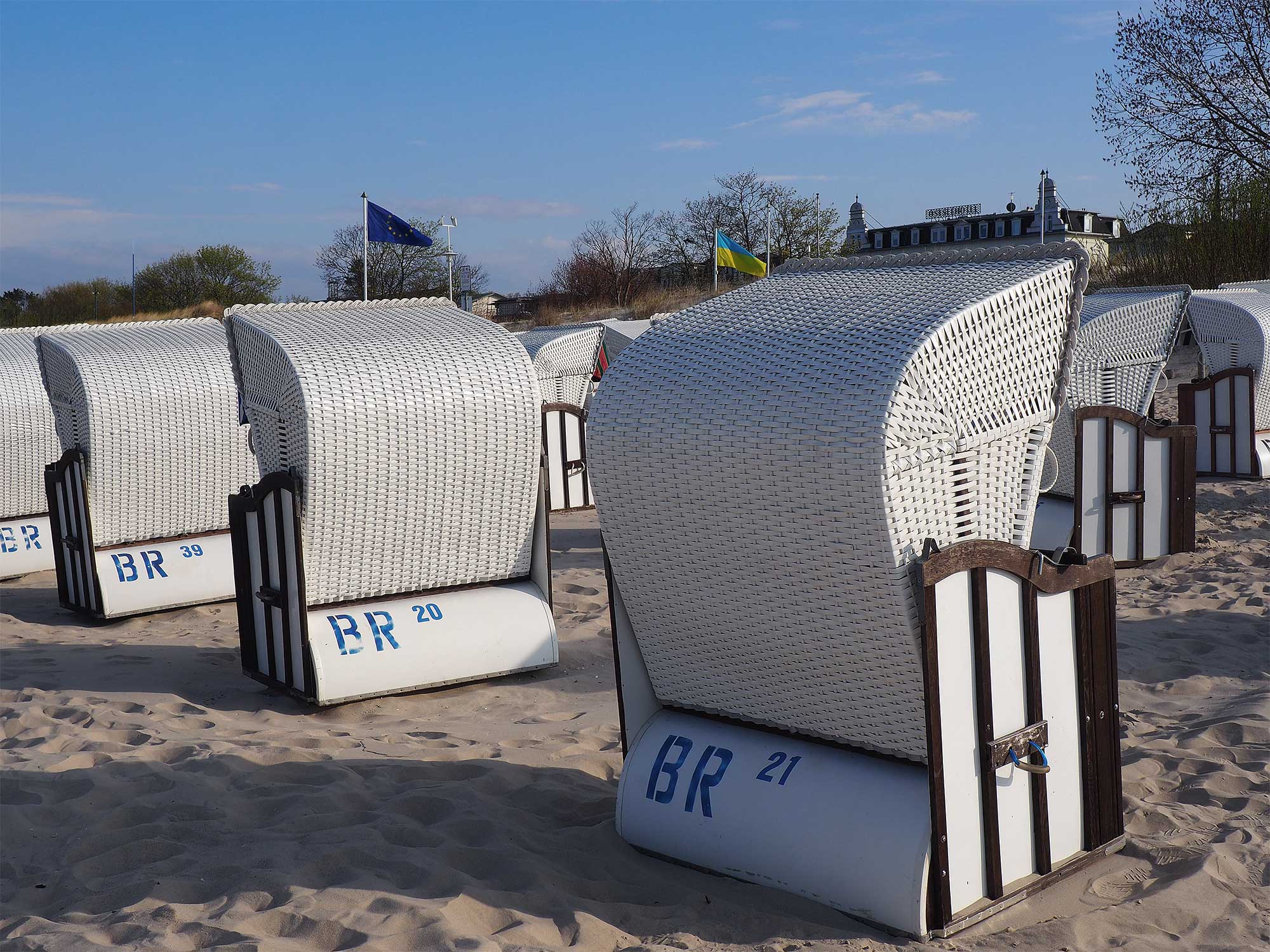
Cecile Meier
Cécile is a freelance author and sustainability strategist. She enjoys traveling to the fullest: getting to know different cultures, listening to other languages and discovering new things either by the sea or in a (big) city always fascinates her. The stories and intentions of the Good Travel hosts are particularly important to her.






COMMENT